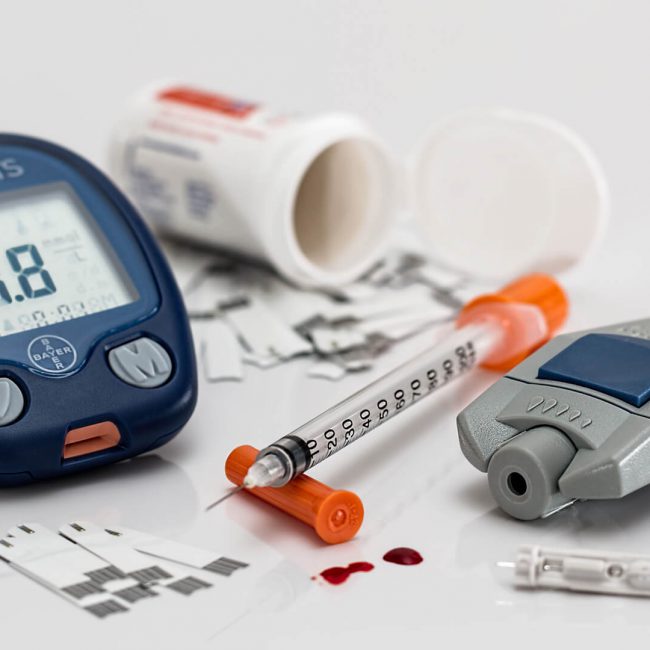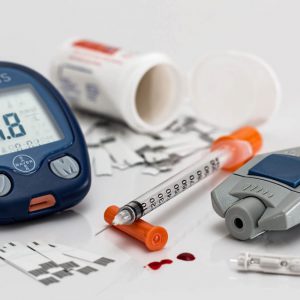Urine Lead test monitors exposure to lead or lead chelation therapy. Increased urinary lead excretion indicates excessive lead exposure, regardless of clinical presentation. Chelation therapy monitoring may be indicated. Lead poisoning through chronic exposure is characterized by gastrointestinal disturbance, anemia, insomnia, weight loss, Motor weaknessm, muscle paralysis, neuropathy.
Lead testing is done to check for lead poisoning. In the early stages, lead poisoning typically doesn’t cause symptoms. That’s why routine testing is necessary in children and adults exposed to lead.
In the specific test result for ALAD dehydratase levels, this enzyme is inhibited in the presence of lead and will show an increased level of Aminolevulinic acid in the urine.



